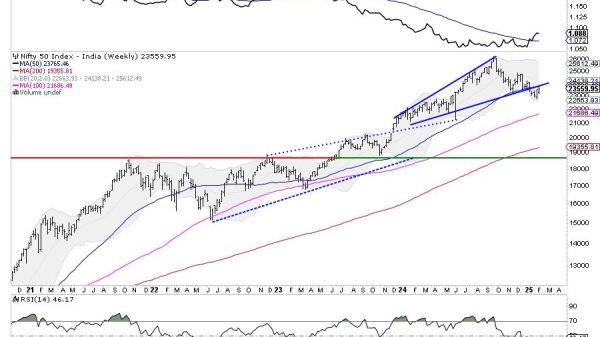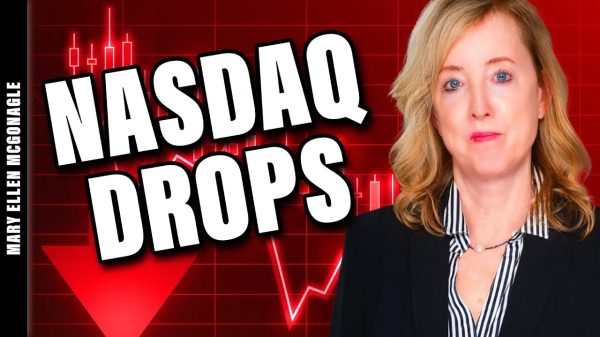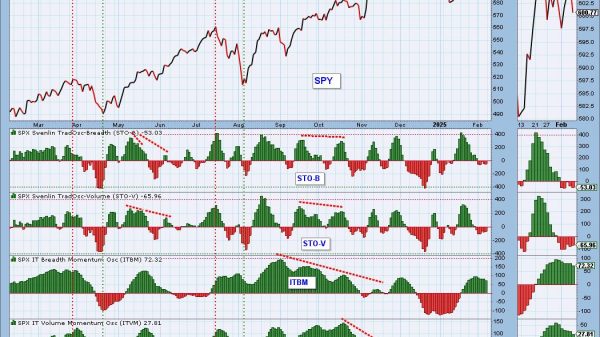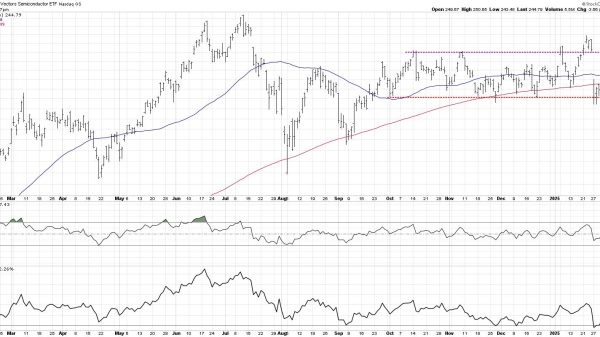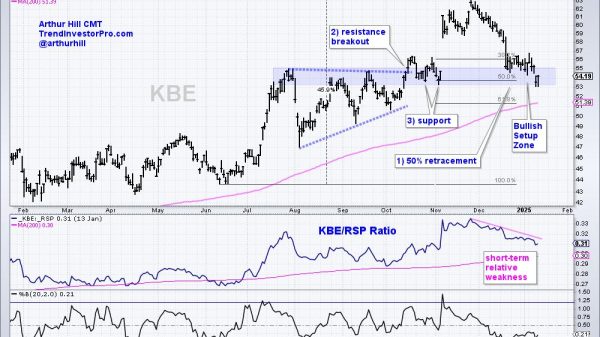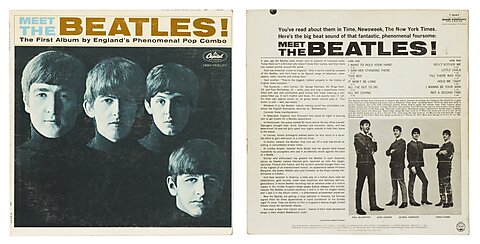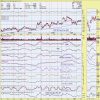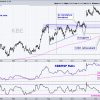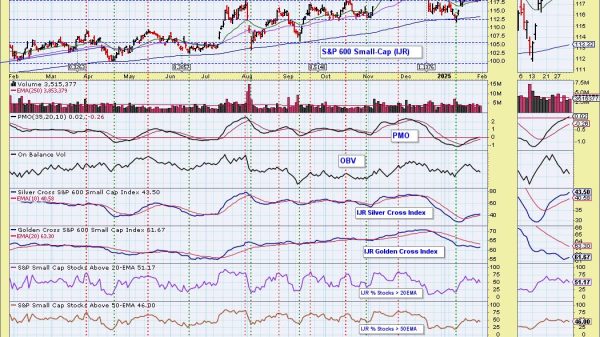
UK exports to the United States have slumped to their lowest level in more than three years, as Donald Trump’s renewed tariff regime continues to weigh heavily on British trade.
New figures from the Office for National Statistics show that the value of UK exports to the US fell by £500 million in September, an 11.4% drop month on month, taking trade back to levels last seen in January 2022.
The ONS said exports have “remained relatively low since the introduction of tariffs in April”, when the Trump administration imposed a 10% baseline tariff on most UK goods. Although this is lower than the tariff rate applied to many other countries, it represents a significant step back from the tariff-free access British exporters previously enjoyed.
The decline has come despite the trade agreement struck between President Trump and Prime Minister Keir Starmer earlier this year, which removed US tariffs on the UK aerospace sector and lowered duties on car imports from 25% to 10%.
However, the easing has not been enough to offset the wider slowdown in demand. The ONS reported steep falls across key categories: chemical exports dropped by £300 million, while machinery and transport equipment exports fell by £100 million, partly driven by the cyber-attack at Jaguar Land Rover, which halted production for five weeks in September.
More broadly, UK trade weakened across global markets. Total goods exports fell by £1.7 billion, or 5.5%, in September, with declines recorded in both EU and non-EU markets.
The deterioration pushed the UK’s goods trade deficit wider still, increasing by £3 billion to £59.6 billion in the third quarter of the year.
The figures underline the pressures facing British exporters as the government prepares for a crucial Budget later this month. With global demand weakening, supply chain issues persisting, and tariffs squeezing competitiveness in the UK’s largest single-country export market, businesses will be looking closely for support measures to offset the mounting headwinds.
Read more:
UK exports to US fall to lowest level since 2022 as Trump tariffs hit British trade






